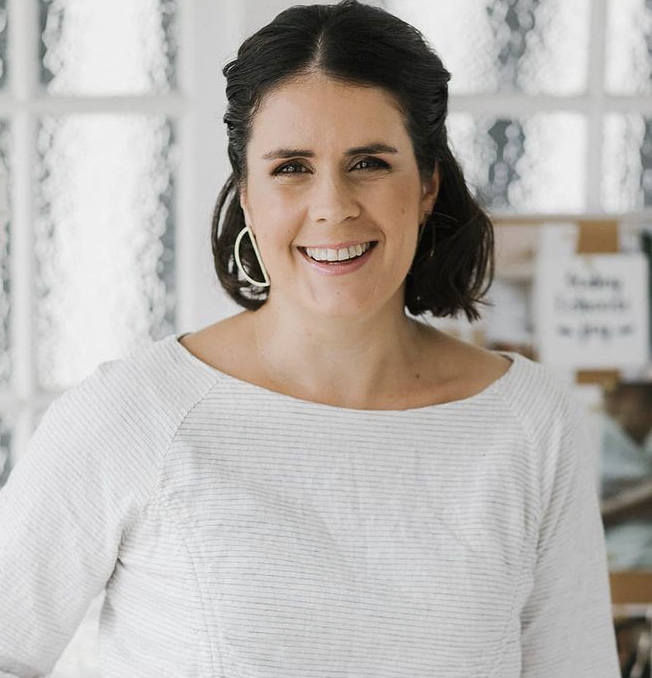
Psychological safety in the workplace: where to begin

Before COVID, 40% of people experienced feeling isolated at work. Now, according to recent Gallup research, “nearly 85% of employees worldwide are still not engaged or are actively disengaged at work”.
More than ever, workplaces are struggling to not only attract staff, but consistently retain, empower, and support them.
As part of our desire to provide education that fosters engaging and supportive workplaces, we sat down with Arthur Papagiannis, CEO of AP Psychology and Consulting Services. Through his leadership in delivering strategic workplace wellbeing solutions, Arthur’s expertise is invaluable.
In this video series, he shares his insight into creating a psychologically safe workplace, the importance of education, leadership buy in, and more.
How would you describe psychological safety at work?
Attaining workplace psychological safety can be an overwhelming process for organizational leaders. Here, Arthur summarizes key terms and strategies that his team use to break down the process and simplify the goals.
The importance of education
Education is a powerful tool against stigma, bias, and any barriers to support within the workplace. Arthur explains the importance of not only awareness education but developing proactive skillsets at all levels of an organization.
It starts at the top
Having leadership, commitment and adequate training will always be critical when creating a psychologically safe workplace. As Arthur explains, staff can miss pathways to support and recovery if awareness programs are rolled out without leaders also receiving appropriate training on how to best guide their team.
The pandemic and workplace culture
Our global awareness of the importance of personal and workplace wellbeing has certainly risen over the past few years. We dive into how both the collective struggle during the pandemic and a mass refocus, or simplification of priorities has compounded this.
What change could look like
A psychologically safe workplace is an environment where employees feel capable to speak up authentically regarding struggles, concerns, or challenges without fear of retribution or discrimination.
Arthur explores some of the recognizable changes that can be seen when a culture begins to shift.
Arthur and his team share our passion for creating simplified and accessible learning moments that help employees and workplaces thrive. To further assist you in understanding the learning needs of your workplace, we have developed the Humans at Work guide.
Webinar recap: Translating psychological safety for L&D
In this webinar, Kelli Frey, CPTD explains the history and theory of psychological safety, how it translates to learning experiences, and how to measure and increase psychological safety in your organization.
Watch the full webinar to explore psychological safety in learning and development, including its history, measurement, and strategies to increase it.




